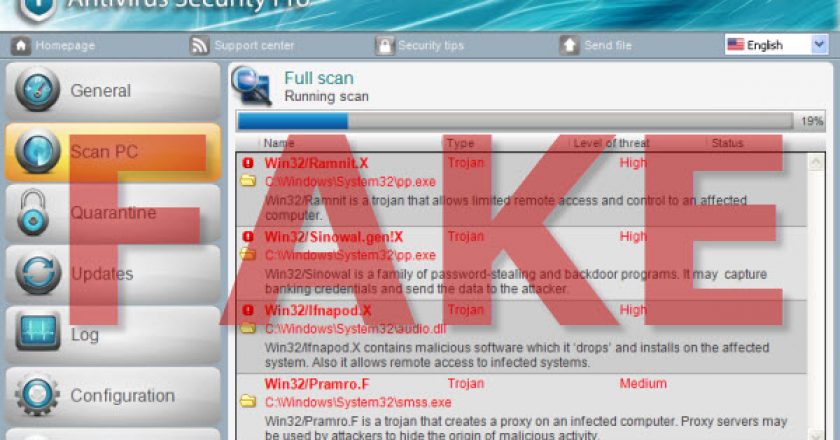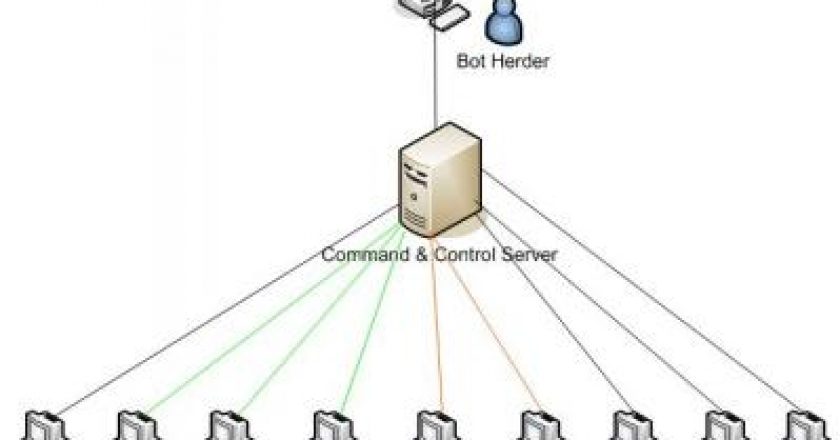While Middle East e-commerce is booming during the December gift season, customers need to better protect their online identity, according to an e-security expert.


While Middle East e-commerce is booming during the December gift season, customers need to better protect their online identity, according to an e-security expert.

Major technology developments over the last year—and a series of revelations about the National Security Agency that shook the international security community—made 2013 an interesting year. In highlighting the past year’s security events, we’ve considered some emerging trends we are likely to see in the coming year.

The overall global Internet threat level grew by 6.9 percentage points in 2013, with 41.6 percent of user computers being attacked at least once, according to Kaspersky Lab.

The feared Cryptolocker ransom Trojan has infected at least a quarter of a million PCs worldwide, a success rate probably generating somewhere in the low millions of dollars in ransom payments, a new analysis by Dell SecureWorks has estimated.

Cybercriminals are using third-party app sites to peddle reverse-engineered or ‘pirate’ versions of almost all the most popular paid apps available on the Google Play and Apple App Stores, software firm Arxan has discovered.

A fake antivirus programme in circulation uses at least a dozen stolen digital code-signing certificates, indicating cybercriminals are increasingly breaching the networks of software developers, Microsoft wrote on Sunday.

Threats lurk within networks, endpoints or devices, often hidden in poorly configured settings or permissions, ineffective data governance, access management and usage policies. These unseen threats come from all perimeters of the organisation and major trends such as BYOD, big data, cloud, and mobile apps have increased the challenge faced by IT leaders.

A Pennsylvania man who hacked into multiple corporate, university and government computer networks and tried to sell access to them, including supercomputers from a U.S. national security laboratory, has been sentenced to 18 months in prison.

Trend Micro has outlined its security predictions for 2014, and it has forecast that one major data breach will occur every month next year.

Hackers infiltrated computers belonging to the foreign affairs ministries of five unnamed European countries ahead of the G20 Summit in September, according to security researchers at FireEye.

As Bitcoin’s popularity grows, so does talk about its standing as legal tender, but there are lingering issues that need to be sorted out before people start using Bitcoin to buy everyday things, experts said on Monday.

A Russian-speaking group is advertising “bulletproof” hosting for cybercriminals from data centres in Syria and Lebanon, an apparent effort to place new services in locales where Western law enforcement has little influence.

Thirteen people, including the creator of Blackhole, a popular exploit tool used to infect computers with malware, were arrested and charged in Russia with creating and participating in a criminal organisation.

The stakeholders of the channel gathered together for the second edition of Reseller Hot 50 Awards, which was held at H Hotel in Dubai.

When it comes to security, it seems everyone’s in a state of perpetual panic. Whether it’s mobile malware, BYOD or hacktivism, over the course of 2013 the issue of protecting valuable information and resisting attack has inspired a dizzying and persistent challenge.

Two million logins and passwords from services such as Facebook, Google and Twitter have been found on a Netherlands-based server, part of a large botnet using controller software nicknamed “Pony.”

Balancing security priorities with business flexibility and agility is a tough challenge, says Anthony Perridge, EMEA Channel Director, Sourcefire.

Attackers are exploiting a new and unpatched vulnerability in Windows XP and Windows Server 2003 that allows them to execute code with higher privileges than they have access to.

A new Trojan programme that targets users of online financial services has the potential to spread very quickly over the next few months, security researchers warn.

Because data is often the most valuable corporate asset – especially when customer information is concerned – staying alert for potential compromise is a critical IT job. Unfortunately, looking into a potential data breach is not easy.